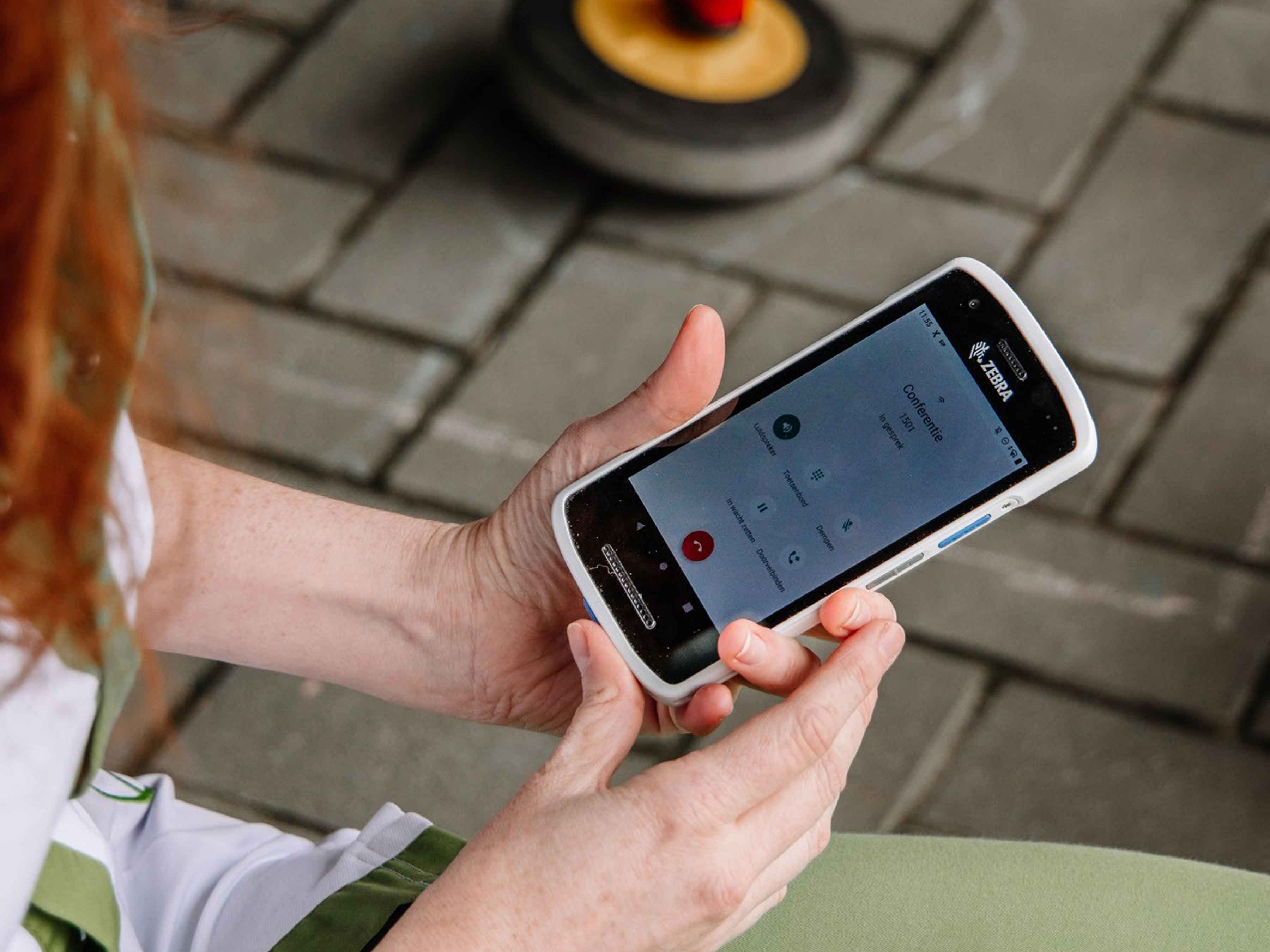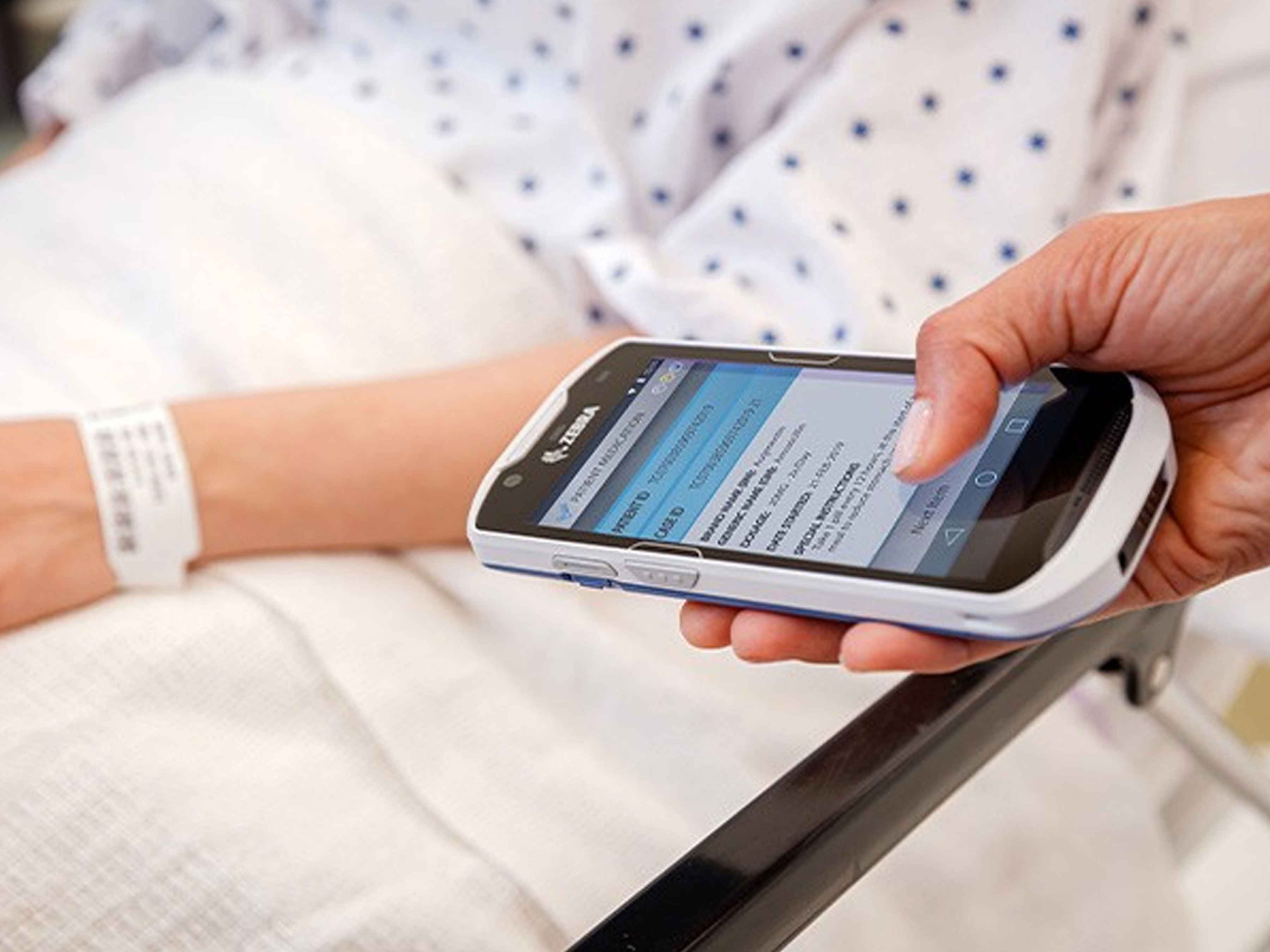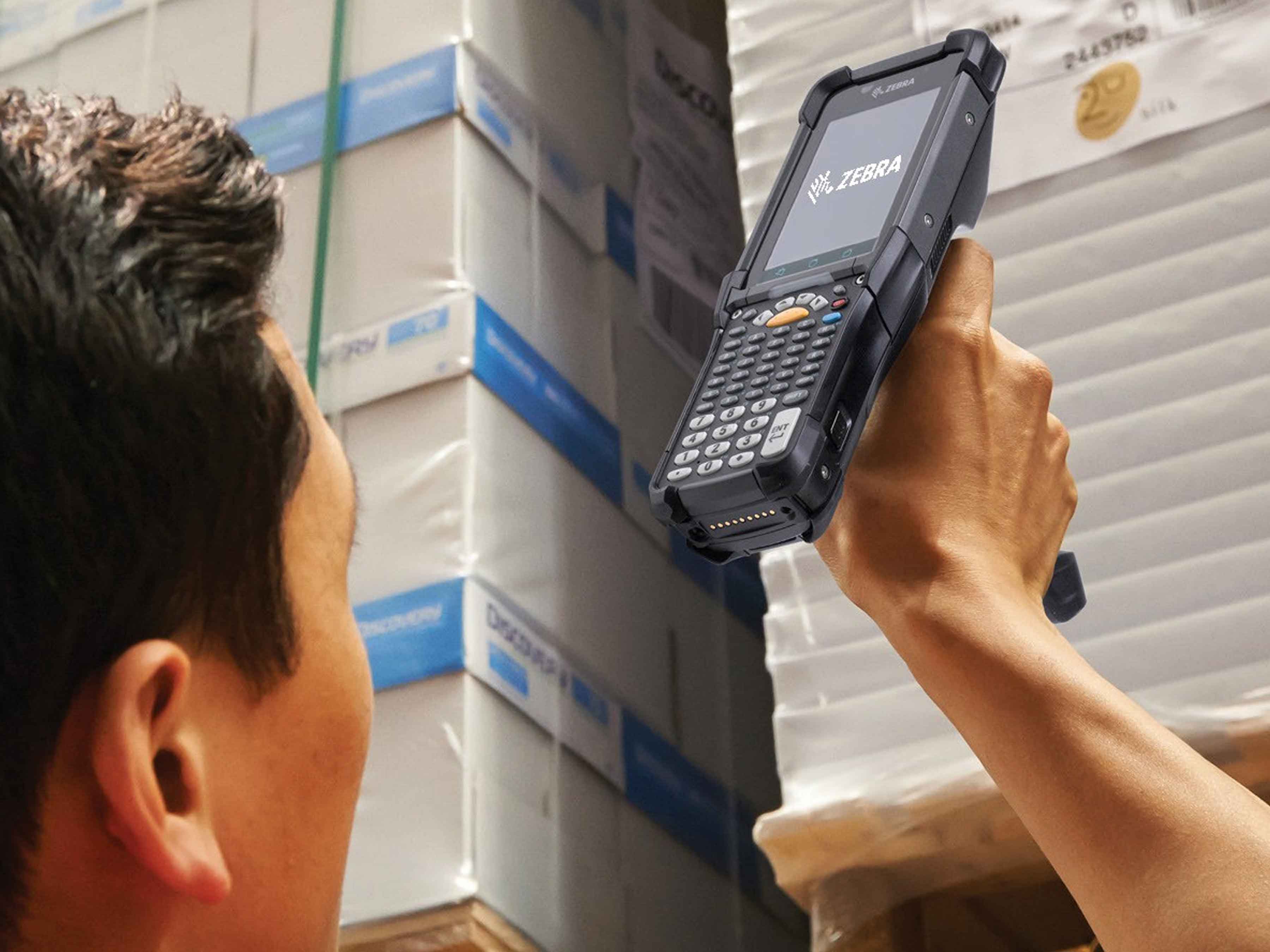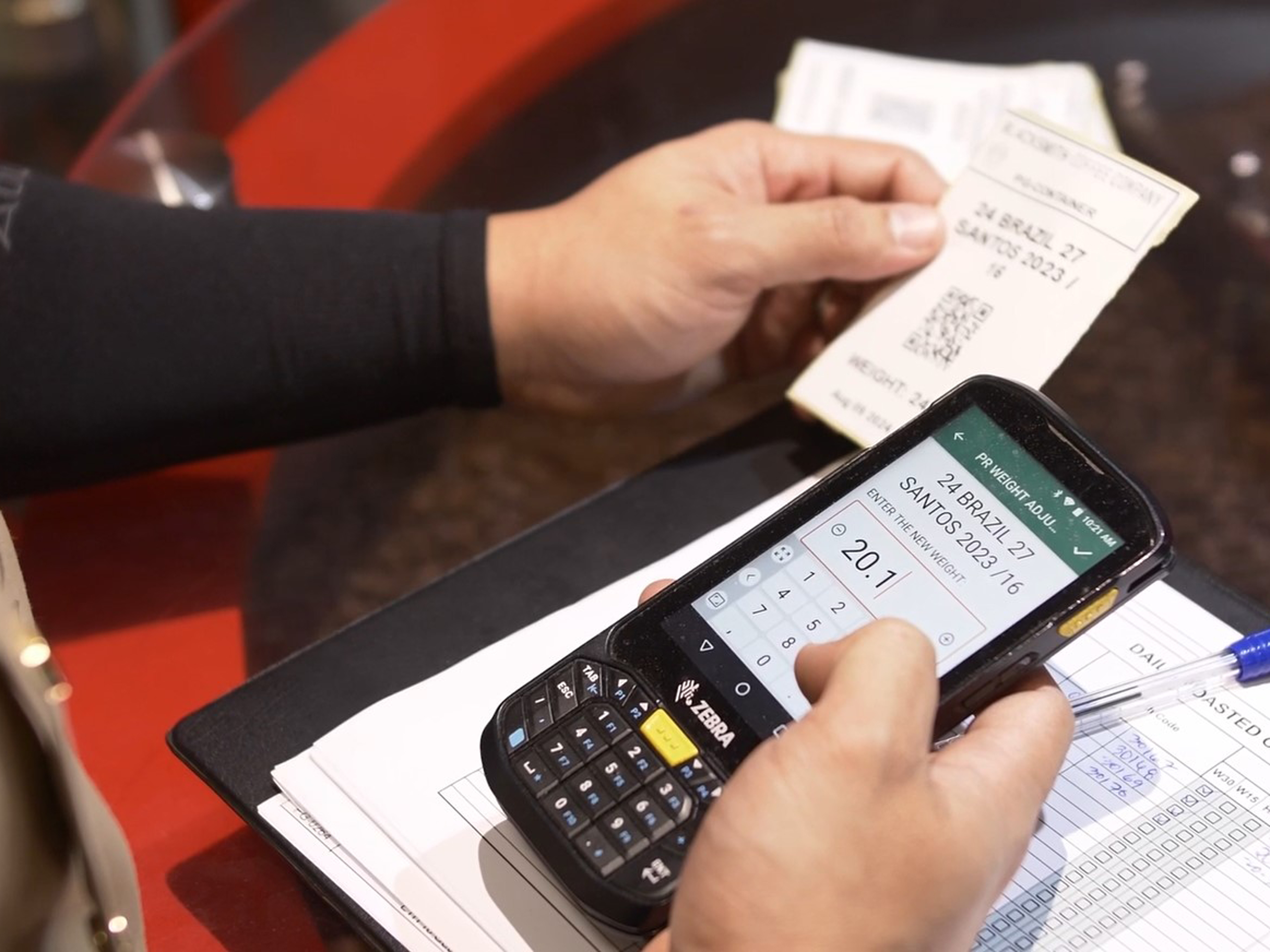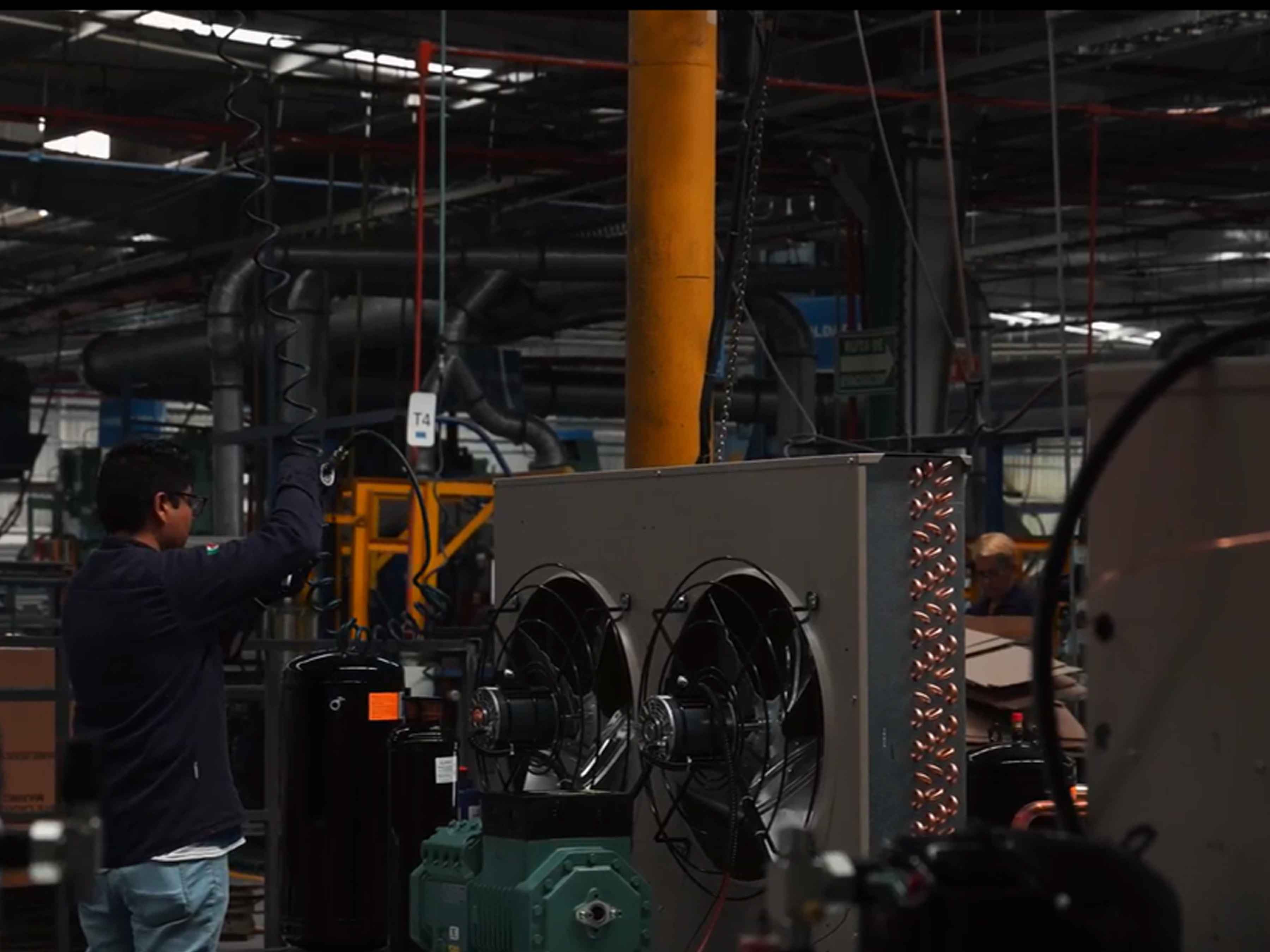Transform retail operations with Zebra’s retail technology solutions, featuring hardware and software for improving inventory management and empowering teams.
Streamline operations with Zebra’s healthcare technology solutions, featuring hardware and software to improve staff collaboration and optimize workflows.
Enhance processes with Zebra’s manufacturing technology solutions, featuring hardware and software for automation, data analysis, and factory connectivity.
Zebra’s transportation and logistics technology solutions feature hardware and software for enhancing route planning, visibility, and automating processes.
Learn how Zebra's public sector technology solutions empower state and local governments to improve efficiency with asset tracking and data capture devices.
Zebra's hospitality technology solutions equip your hotel and restaurant staff to deliver superior customer and guest service through inventory tracking and more.
Zebra's market-leading solutions and products improve customer satisfaction with a lower cost per interaction by keeping service representatives connected with colleagues, customers, management and the tools they use to satisfy customers across the supply chain.
Empower your field workers with purpose-driven mobile technology solutions to help them capture and share critical data in any environment.
Zebra's range of Banking technology solutions enables banks to minimize costs and to increase revenue throughout their branch network. Learn more.
Zebra's range of mobile computers equip your workforce with the devices they need from handhelds and tablets to wearables and vehicle-mounted computers.
Zebra's desktop, mobile, industrial, and portable printers for barcode labels, receipts, RFID tags and cards give you smarter ways to track and manage assets.
Zebra's 1D and 2D corded and cordless barcode scanners anticipate any scanning challenge in a variety of environments, whether retail, healthcare, T&L or manufacturing.
Zebra's extensive range of RAIN RFID readers, antennas, and printers give you consistent and accurate tracking.
Choose Zebra's reliable barcode, RFID and card supplies carefully selected to ensure high performance, print quality, durability and readability.
Zebra's location technologies provide real-time tracking for your organization to better manage and optimize your critical assets and create more efficient workflows.
Zebra's rugged tablets and 2-in-1 laptops are thin and lightweight, yet rugged to work wherever you do on familiar and easy-to-use Windows or Android OS.
With Zebra's family of fixed industrial scanners and machine vision technologies, you can tailor your solutions to your environment and applications.
Zebra’s line of kiosks can meet any self-service or digital signage need, from checking prices and stock on an in-aisle store kiosk to fully-featured kiosks that can be deployed on the wall, counter, desktop or floor in a retail store, hotel, airport check-in gate, physician’s office, local government office and more.
Adapt to market shifts, enhance worker productivity and secure long-term growth with AMRs. Deploy, redeploy and optimize autonomous mobile robots with ease.
Discover Zebra’s range of accessories from chargers, communication cables to cases to help you customize your mobile device for optimal efficiency.
Zebra's environmental sensors monitor temperature-sensitive products, offering data insights on environmental conditions across industry applications.
Enhance frontline operations with Zebra’s AI software solutions, which optimize workflows, streamline processes, and simplify tasks for improved business outcomes.
Zebra Workcloud, enterprise software solutions boost efficiency, cut costs, improve inventory management, simplify communication and optimize resources.
Keep labor costs low, your talent happy and your organization compliant. Create an agile operation that can navigate unexpected schedule changes and customer demand to drive sales, satisfy customers and improve your bottom line.
Drive successful enterprise collaboration with prioritized task notifications and improved communication capabilities for easier team collaboration.
Get full visibility of your inventory and automatically pinpoint leaks across all channels.
Reduce uncertainty when you anticipate market volatility. Predict, plan and stay agile to align inventory with shifting demand.
Drive down costs while driving up employee, security, and network performance with software designed to enhance Zebra's wireless infrastructure and mobile solutions.
Explore Zebra’s printer software to integrate, manage and monitor printers easily, maximizing IT resources and minimizing down time.
Make the most of every stage of your scanning journey from deployment to optimization. Zebra's barcode scanner software lets you keep devices current and adapt them to your business needs for a stronger ROI across the full lifecycle.
RFID development, demonstration and production software and utilities help you build and manage your RFID deployments more efficiently.
RFID development, demonstration and production software and utilities help you build and manage your RFID deployments more efficiently.
Zebra DNA is the industry’s broadest suite of enterprise software that delivers an ideal experience for all during the entire lifetime of every Zebra device.
Advance your digital transformation and execute your strategic plans with the help of the right location and tracking technology.
Boost warehouse and manufacturing operations with Symmetry, an AMR software for fleet management of Autonomous Mobile Robots and streamlined automation workflows.
The Zebra Aurora suite of machine vision software enables users to solve their track-and-trace, vision inspection and industrial automation needs.
Zebra Aurora Focus brings a new level of simplicity to controlling enterprise-wide manufacturing and logistics automation solutions. With this powerful interface, it’s easy to set up, deploy and run Zebra’s Fixed Industrial Scanners and Machine Vision Smart Cameras, eliminating the need for different tools and reducing training and deployment time.
Aurora Imaging Library™, formerly Matrox Imaging Library, machine-vision software development kit (SDK) has a deep collection of tools for image capture, processing, analysis, annotation, display, and archiving. Code-level customization starts here.
Aurora Design Assistant™, formerly Matrox Design Assistant, integrated development environment (IDE) is a flowchart-based platform for building machine vision applications, with templates to speed up development and bring solutions online quicker.
Designed for experienced programmers proficient in vision applications, Aurora Vision Library provides the same sophisticated functionality as our Aurora Vision Studio software but presented in programming language.
Aurora Vision Studio, an image processing software for machine & computer vision engineers, allows quick creation, integration & monitoring of powerful OEM vision applications.
Adding innovative tech is critical to your success, but it can be complex and disruptive. Professional Services help you accelerate adoption, and maximize productivity without affecting your workflows, business processes and finances.
Zebra's Managed Service delivers worry-free device management to ensure ultimate uptime for your Zebra Mobile Computers and Printers via dedicated experts.
Find ways you can contact Zebra Technologies’ Support, including Email and Chat, ask a technical question or initiate a Repair Request.
Zebra's Circular Economy Program helps you manage today’s challenges and plan for tomorrow with smart solutions that are good for your budget and the environment.
The Zebra Knowledge Center provides learning expertise that can be tailored to meet the specific needs of your environment.
Zebra has a wide variety of courses to train you and your staff, ranging from scheduled sessions to remote offerings as well as custom tailored to your specific needs.
Build your reputation with Zebra's certification offerings. Zebra offers a variety of options that can help you progress your career path forward.
Build your reputation with Zebra's certification offerings. Zebra offers a variety of options that can help you progress your career path forward.
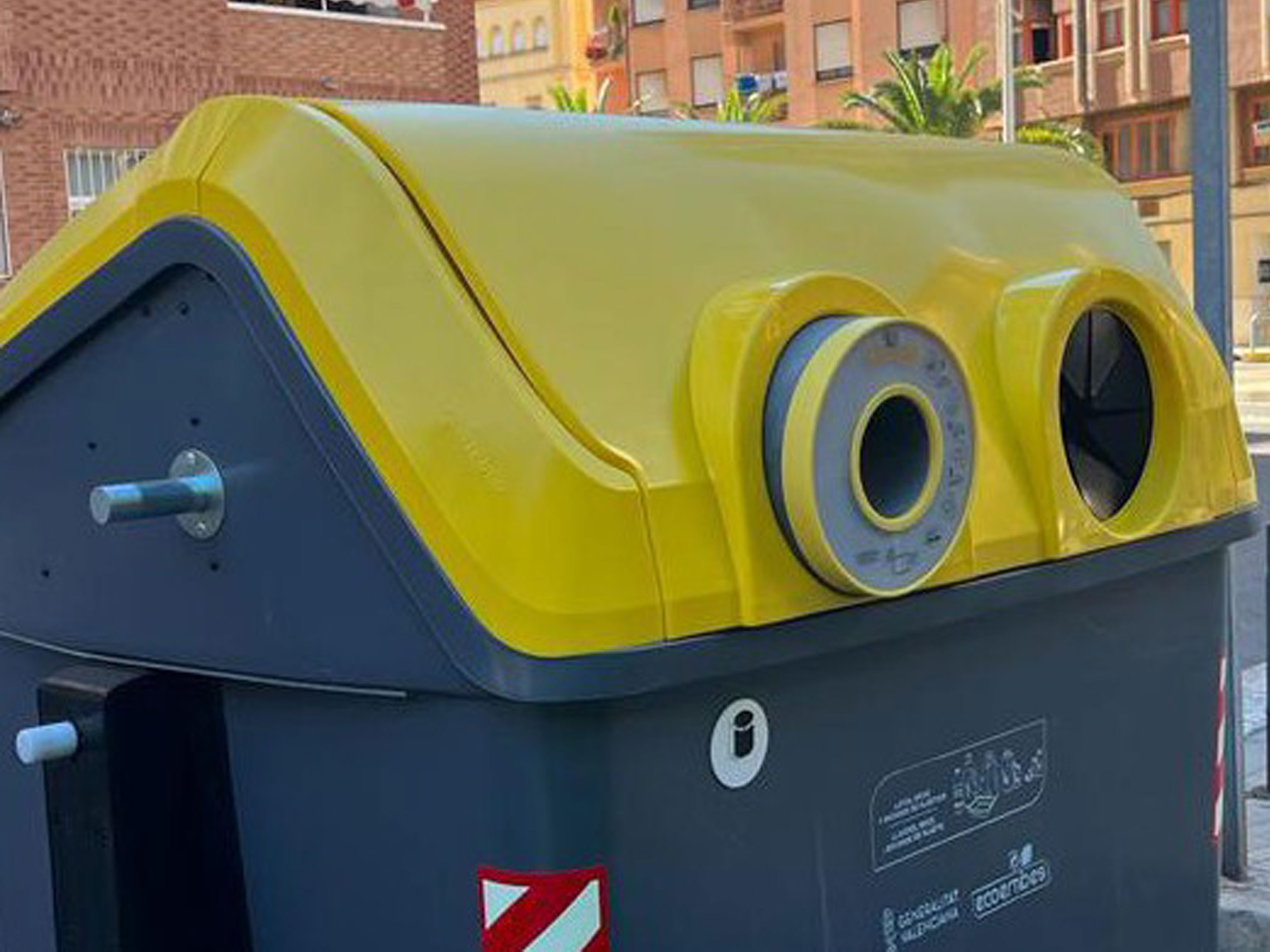
Ecoembes Helps Reduce Plastic Waste Through Smart Technology
Ecoembes is a Spanish non-profit environmental organization that coordinates the recycling of household packaging throughout Spain. It also drives an initiative to incentivize those who recycle their beverage cans and plastic bottles.
Zebra Success Story: Ecoembes
Overview: Government Challenge
Encourage people to recycle beverage plastic bottle and cans waste. This includes identifying the person who is recycling, what they are recycling and when, where and how often they recycle.
Benefits / Outcomes
- Reliable and durable recycling solution that incentivises people to recycle light packaging and help reduce plastic waste going into landfills.
About Ecoembes
Ecoembes is a Spanish non-profit environmental organisation which coordinates the recycling of household packaging throughout the country. Its RECICLOS initiative is a Return and Reward System run in all the Autonomous Communities of Spain. Citizens in over 100 municipalities are rewarded with incentives for recycling their beverage cans and plastic bottles.
The incentives can be put towards projects related to green mobility, cleaning of natural spaces or replanting of natural areas, as well as social incentives such as contributing to Food Banks, the Red Cross or local non-governmental organisations (NGOs).
Jose Luis Moreno, Innovation Manager at Ecoembes, says, “The recycling objectives set by the European Union are increasingly ambitious and require a great effort on the part of all of society. For this reason, at Ecoembes we want to contribute to meeting this challenge with innovative solutions, such as RECICLOS, which helps to promote the circularity of packaging and with which citizens can also contribute to improving the environment through the rewards they obtain when recycling.”
The Challenge
Rewarding people for returning plastic bottles and beverage cans to recycling containers is a challenging task. Ecoembes needs to guarantee the traceability of the waste being deposited. It must also identify people, with whom it has no previous relationship, while creating a solution which is easy to use and accessible to all.
Furthermore, there were several technical hurdles which needed to be overcome. For example, many recycling containers are located outside and exposed to all types of weather, while there is no permanent source of power. After creating a specification for the project, Ecoembes spoke to several companies. It selected Madrid-based Retail Tools, an expert in track and trace and mobile technology, to create the solution. This is now being piloted in the city of Sant Boi de Llobregat near Barcelona, with 16 containers.
The Solution
“This is a project where we knew we needed state-of-the-art technology, but we were not sure how that technology could be made to work reliably given the challenges. We must know too if there was an issue with a container, which meant Retail Tools had to think about a way of continuously monitoring them,” comments Moreno.
The solution features two main components. The first is an app, developed by Ecoembes, which people download to their phones. The second is a special scanning enclosure, designed by Retail Tools, following the instructions and guidelines defined by Ecoembes which is retrofitted to each container. The device recognises the user’s application using 5G Narrow Band internet of things (NB-IoT) technology to ensure they are rewarded for items deposited in the containers. Then a Zebra scanner is used to read the barcodes on the plastic items.
Retail Tools has worked with Zebra Technologies for two years and was confident its original equipment manufacture (OEM) scanner range was perfect for this project. The scanning device has to be compact, easy to connect robust and reliable because it’s installed in containers which have a nonmodifiable design and measurements. What’s more, containers are exposed to unpredictable humidity and temperature conditions and are susceptible to movements and knocks.
With these issues in mind, the Zebra SE4757 OEM Array Imager Scan Engine was selected for several reasons. It can read 1D and 2D barcodes from three centimetres away, and it features an innovative and accurate scan engine which can capture codes that are faint, damaged or scratched. Critically, too, with its robust build, tests revealed it can withstand the high temperatures Spain experiences during summer.
Retail Tools created the secure housing for the scanner, which protects it from moisture and excessive temperatures and also integrated a teleservice function. This streams data on each container’s components to determine whether the device is working properly and, if not, what the issue is. Battery level status is also relayed. The compact lithium-ion battery powers the scanner and is recharged through solar panels housed on the surface of each smart ring. In keeping with the sustainability ethos of the project, Retail Tools designed software to make the use of power as efficient as possible when data is scanned, processed and transmitted.
The Zebra Difference: Outcome and Benefits
Retail Tools was able to offer Ecoembes a solution that is self-sufficient in terms of energy consumption, easy to operate and maintain and available to municipalities in Spain and beyond as a complete solution.
Early indications show recycling containers are being more frequently used, helping to reduce the amount of waste going into landfills. Although the pilot is ongoing, and data is still being collected, most people opt for the community rewards option.
Featured Products and Solutions
Related Resources
Legal Terms of Use Privacy Policy Supply Chain Transparency
ZEBRA and the stylized Zebra head are trademarks of Zebra Technologies Corp., registered in many jurisdictions worldwide. All other trademarks are the property of their respective owners. ©2025 Zebra Technologies Corp. and/or its affiliates.


